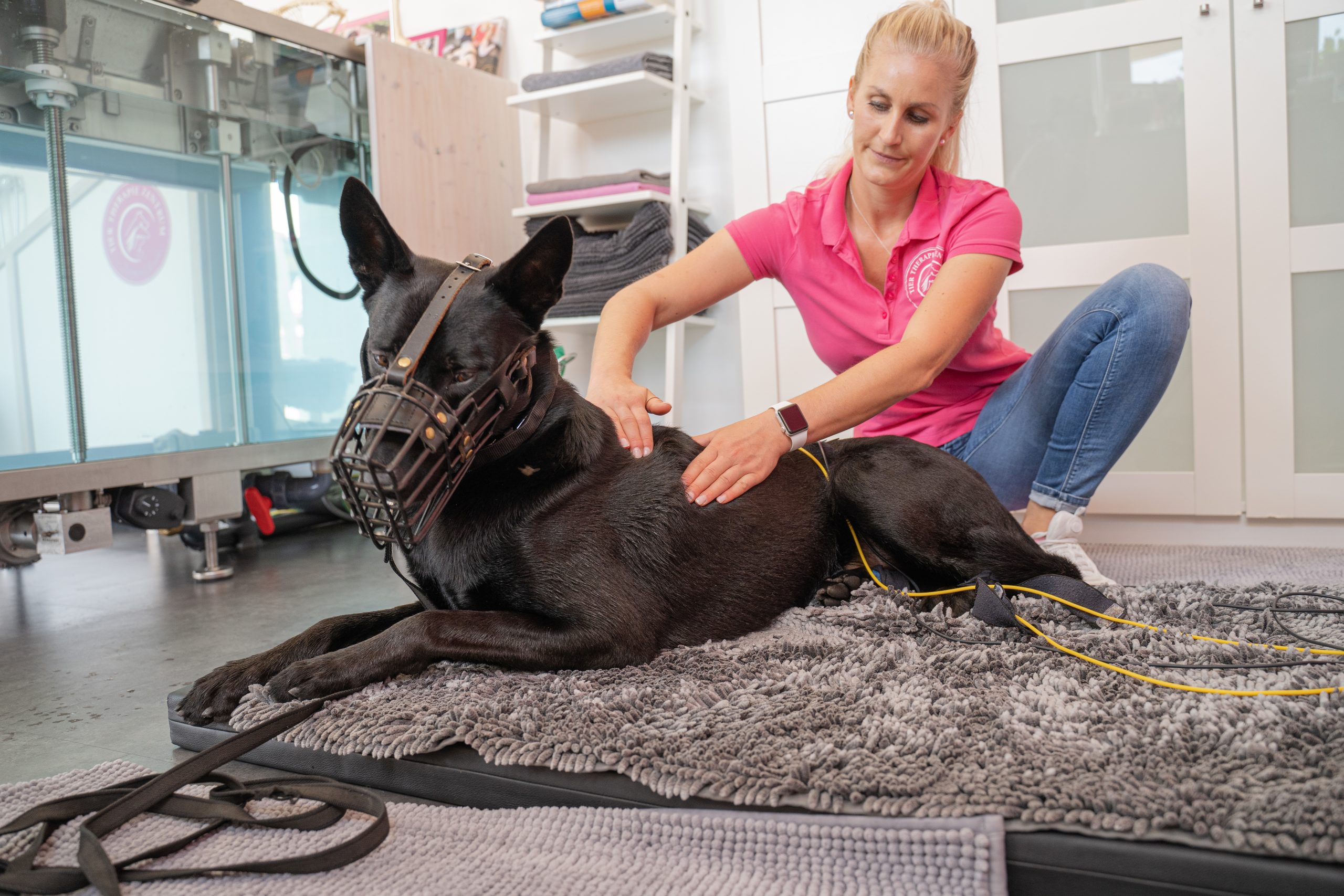- The University of Tennessee Canine Rehabilitation Certificate Program (CCRP) is a recognized premiere program in canine rehabilitation globally.
- Hybrid learning model (a combination of e-learning and face-to-face teaching)
- VII modules
- Language of instruction: English
- The tuition for the academic CCRP program includes access to the online learning platform (e-learning, course material; 3-years access, can be extended), onsite lab days (choose one location), evaluation of the case studies, the final exam and the CCRP certificate.
- Not included are travel and accomodation expenses.
- It is essential that you have appropriate internet access to participate in the relevant e-learning modules.
Certified Canine Rehabilitation Practitioner (CCRP)
7,995.00€
Description
Academic Certified Canine Rehabilitation Practitioner (CCRP) Program
Language of instruction: English
Learning model: hybrid learning (“blended learning”: a combination of e-learning and face-to-face teaching)
About: The University of Tennessee Certificate Program in Canine Physical Rehabilitation (CCRP) is designed to provide professionals with the knowledge and skills needed to manage musculoskeletal and neurological conditions in dogs using evidence-based rehabilitation practices. The academic CERP program is recognized as the premiere program in equine rehabilitation globally. Our goal for students is to become the best in this important and rewarding field. This requires full commitment to the program and is supported by VAHL/UT in many ways.
Prerequisites: The CCRP program is open to veterinarians, veterinary technicians/nurses, physical therapists, physical therapist assistants, occupational therapists and students in one of the accepted professions. Proof of degree(s) and/or license(s) must be provided for every profession. Proof of acceptance and documentation showing current enrollment in a qualified academic program must be provided with the initial registration. Successful completion of a professional academic program is required prior to taking the certificate exam.
Curriculum: The academic CCRP program consists of seven modules, that need to be completed in order (Exception: e-learning Canine V module can be completed prior to attending the onsite clinical lab days.
E-learning modules, in total 54.5 hours
- Canine I (Introduction to Canine Rehabilitation); to be completed prior to the onsite clinical lab days.
- Canine II (parts 1 and 2: Physical Agents & Electrotherapeutic Modalities and Therapeutic Exercise Prescription/Aquatic Therapy); to be completed prior to the onsite clinical lab days.
- Canine III&IV labs and interactive case discussions (40 hours inclusive preparation); choose one lab days location. The presence days are focused on hands-on lab experience in small groups with interactive preparation of clinical case reports, which will be discussed under supervision.
- Canine V (Canine Osteoarthritis Management) 20 h: To be completed prior to the clincial externship.
- Canine VI part 1: Externship 40 hours; can be started as soon as e-learning and presence days have been completed. Externships will be completed at a VAHL approved externship site; you will be observing and training under supervision.
- Canine VI part 2: Documentation of five cases, selected by students, approx. 200 hours
- Canine VII: Final exam, 4 hours in total (2 dates)
The e-learning component provides participants with a theoretical foundation and covers topics such as the anatomy and physiology of the musculoskeletal system, orthopedic and neurological examination, physical agents and electrotherapeutic modalities, therapeutic exercise prescription, and osteoarthritis management.
The presence days component is a hands-on lab session that allows participants to apply the knowledge gained through e-learning in a practical setting. The lab session covers all modalities of physical therapy for dogs, including superficial heating and cooling agents, therapeutic ultrasound, extracorporeal shock wave treatment, therapeutic laser, electrical therapy, and therapeutic exercise.
The final exam is a comprehensive test that evaluates the participant’s knowledge and skills across all the components of the program. It is conducted in three-fold (written, practical, and oral) to ensure that participants can demonstrate both their theoretical knowledge and practical skills.









